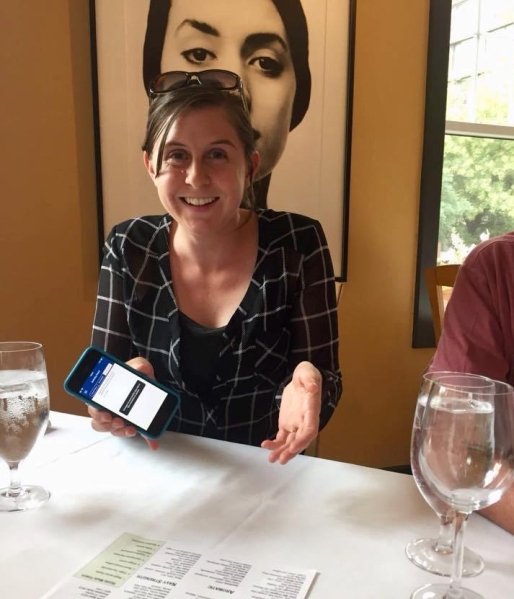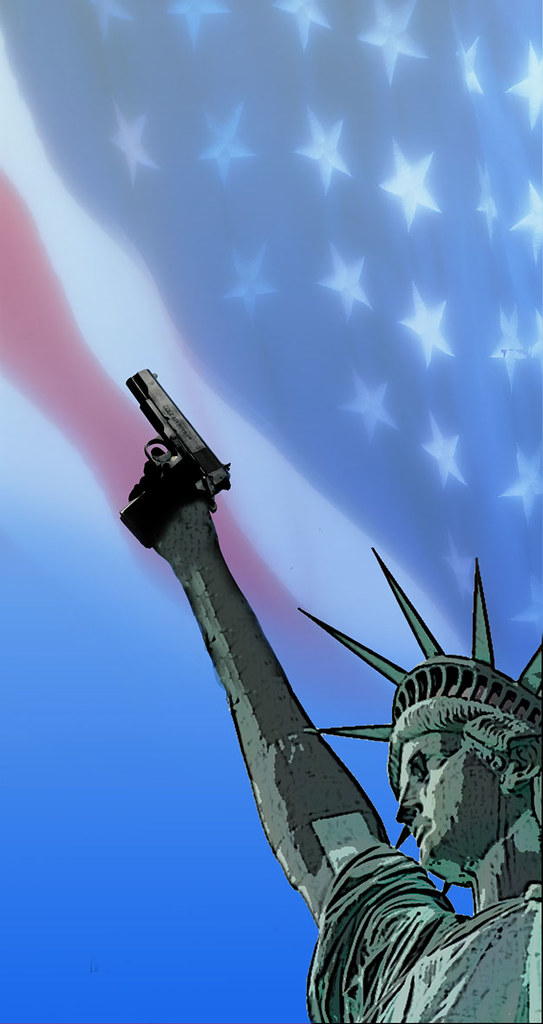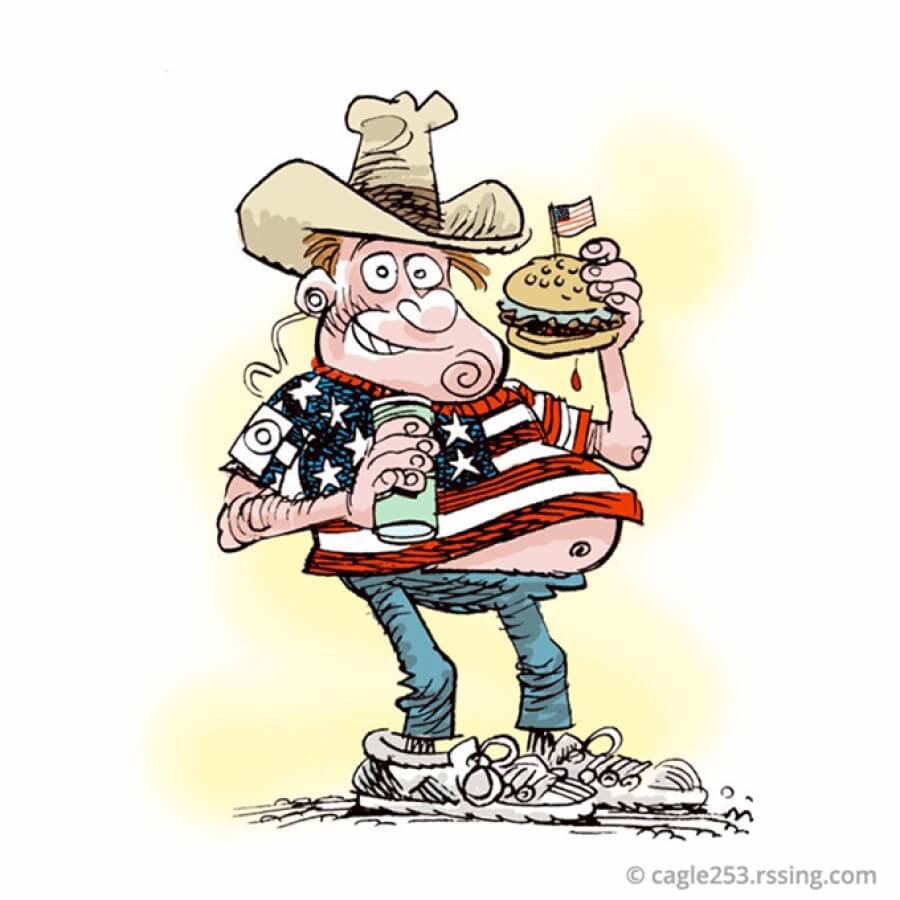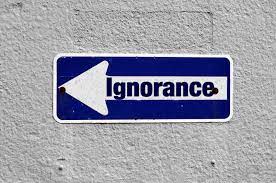Years ago, we came to Canada to see if it might be a place we’d want to move to in the future. During that month-long trip, we noticed many differences between Canada and the US, which ultimately piqued our interest enough to start the immigration paperwork. Of course, we had no idea that we’d be derailed by a pandemic and end up in Mexico for a few years first; alas, we eventually moved to Ottawa and recently celebrated one year of living in this beautiful city!

As always, the first year in a new place brings about so many fun new challenges and observations, which, of course, we did our best to keep track of! And in honor of our CAnniversary, I thought I’d share some of the most salient differences we’ve experienced as Americans living in Ottawa.
Differences in Administration:
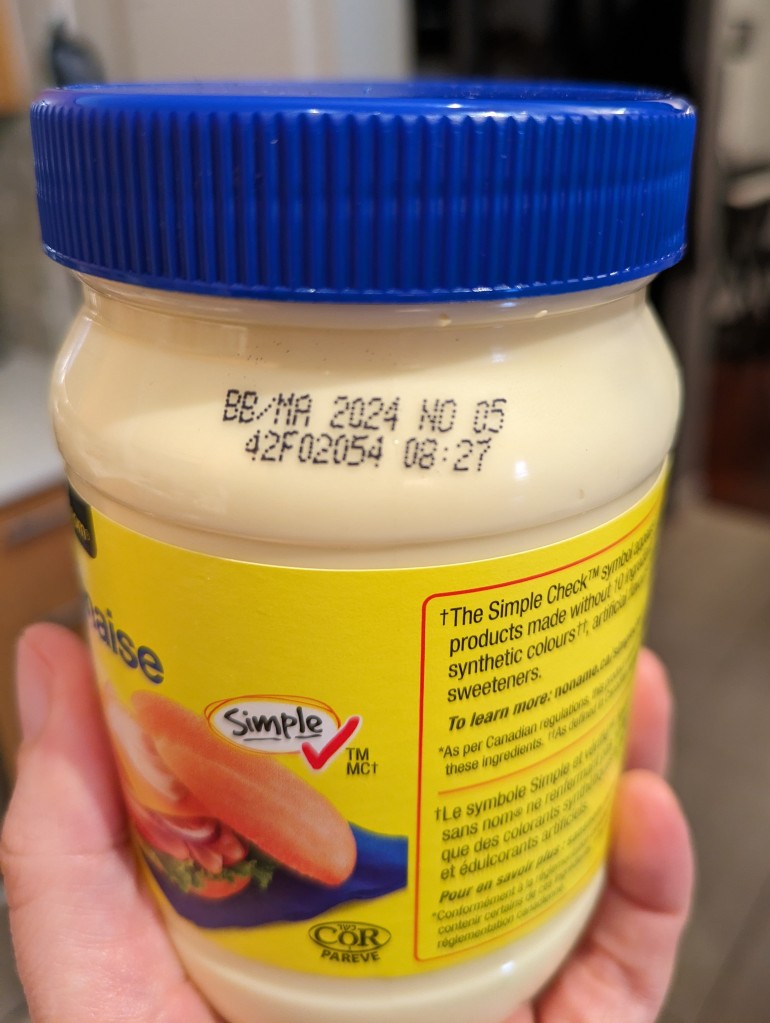
- One of the very first differences we encountered was when we went to make a copy of the key to our new apartment. They told us it was a “secure key”, which meant they’d have to contact the building’s board to make sure we were on the list of tenants, and thus legally able to copy the key. So thorough!
- No matter how long we live outside the US, we still struggle with anything other than the month-day-year formula. When I see 10/4, I automatically think October, not my birthday.
- We were also really confused the first time we looked at an expiration date that said “MA 2024”. Is that March or May?? In Canada, the months are abbreviated JA FE MR AL MA JN JL AU SE OC NO DE to make it work in both English and French.
- Although we had experienced something like this in other countries, we were still surprised to learn that Canada doesn’t have joint tax filing. Tucker and I had to file separately even though my payment came from the same account his refund will be going to.
Differences in Cars & Driving:
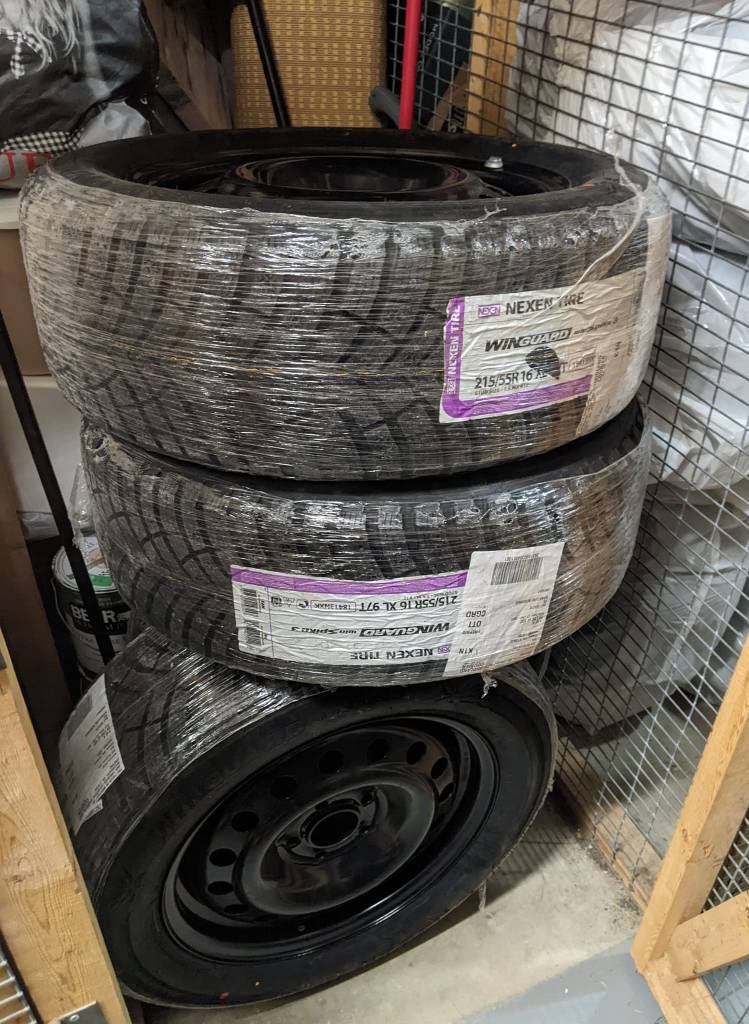
- After years in Mexico, driving in Canada felt like going back to beginner mode. In fact, there are some things that make us feel like drivers here are not really trusted to make good decisions, like the fact that there are more “no right on red” signs here than we’ve ever seen in our lives.
- Another immediately obvious difference was the lack of locking clips on the gas pumps. Most gas stations force you to hold the nozzle the whole time you’re pumping (yes, even in -10° weather).
- Something we’ve long gotten used to, but is still a pretty big US-CAN difference is the use of the metric system here. Our car, which was bought in FL, prominently displays miles per hour, thus we’ve gotten really good at converting on the go.
- We also were surprised to learn that in some provinces of Canada winter tires are not just recommended, they’re mandatory. We had to provide proof of purchase to our insurance company as well.
Differences in Communication:
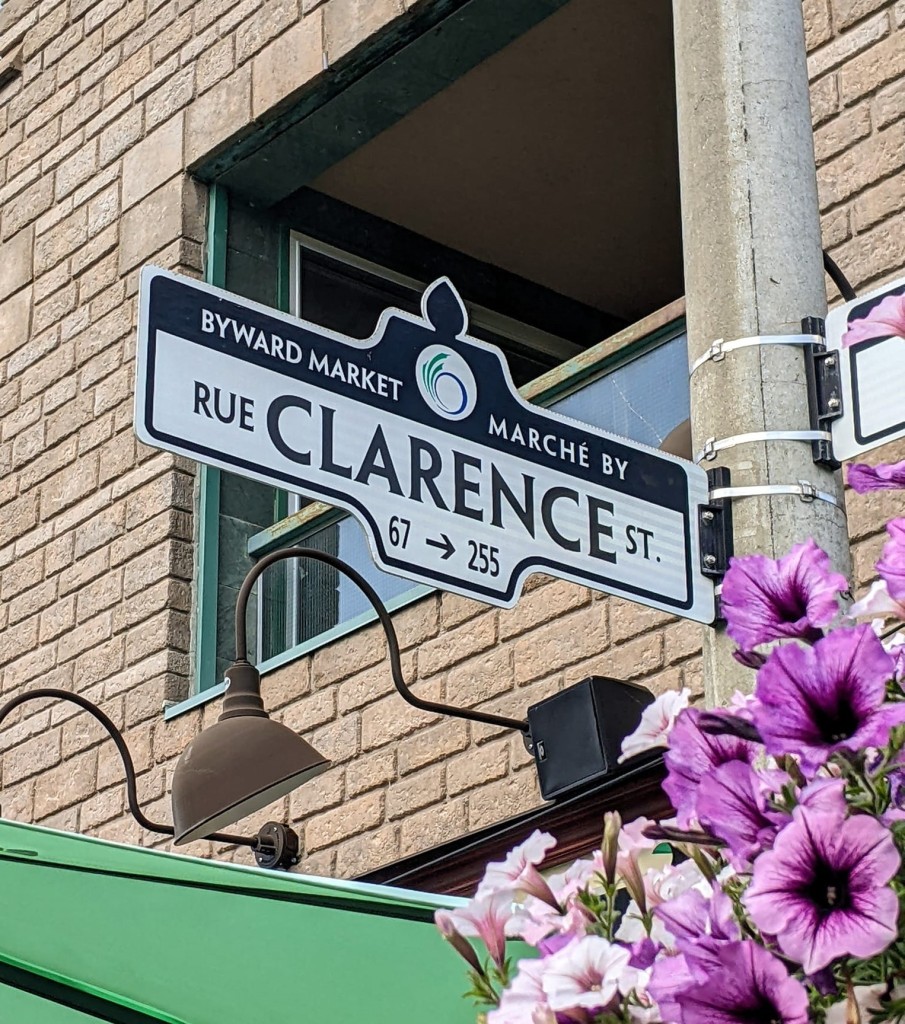
- In our first week in Canada, strangers asked us questions at least 10 times in 10 different places (on the metro, in Canadian Tire, etc.), and it definitely surprised us. It’s common to talk to strangers in the US and Mexico, but to ask for anything other than directions or small talk felt different.
- Canada (or at least the parts we’ve been to thus far) absolutely loves reservations! A place could be entirely empty at eleven a.m. on a weekday, but when you walk in, they’ll still ask you if you have a reservation. Only recently have I been able to suppress my eyeroll.
- I’ve already shared some of my favorite Canadian English phrases, but I also have to mention how noticeable the pronunciation of some words is as well. The Canadian “soorry” will forever be engrained in my head!
- And then there’s the bilingual bit. Always seeing street signs like “rue Clarence st” and Coke cans that say “goût original” definitely reminds us we’re not in Kansas anymore.
Differences in Allegiance:
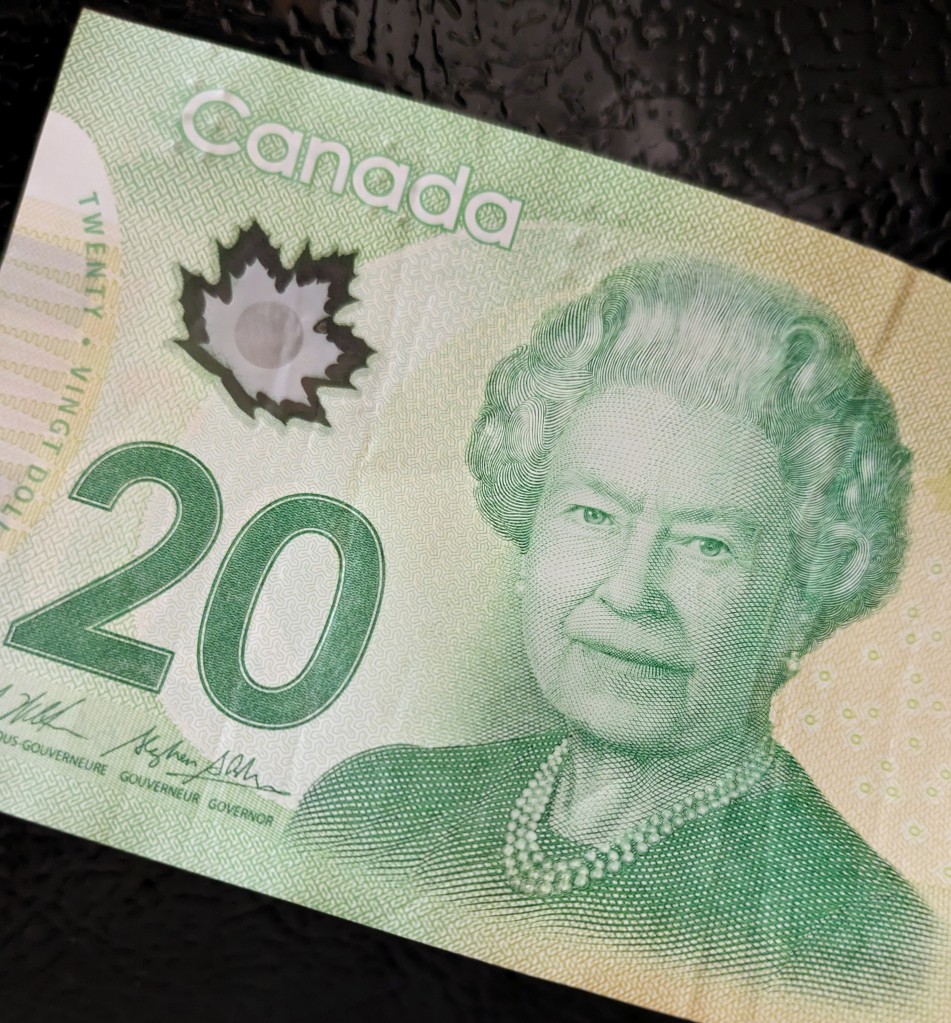
- There are probably many Americans who pay attention to celebrities, but I’d bet that even the most Hollywood-centric Americans likely don’t keep close track of where those celebrities are from. Canadians do though. If you so much as mention someone who happens to be from Canada, you can be pretty certain that fact will soon be pointed out.
- In a difference that feels somewhat related to the previous one, Canadians seem a little touchy when it comes to comparisons with the US. I imagine it must be like growing up with a famous, somewhat annoying older sibling always stealing the spotlight, which anyone would resent.
- Another clear difference comes from the past. Despite having separated from the UK over 150 years ago, the royal presence is still absolutely felt here. Canada has both a national anthem and a royal anthem (which, you guessed it, is “God Save the King”). Queen Elizabeth II is on several pieces of Canadian currency, and there are plans to get King Charles III on at least one bill by 2027. And some of the most popular streets around us include George, King Edward, and Queen Street.
- Of course, the governments are also quite different, but that’s a long, boring topic for another time. For now, I’ll just say that one interesting difference is that the liberal party here is red and the conservative is blue. Not confusing at all…
Differences in Environment:
- Another surprise early on in our move was when we received a pamphlet explaining all the city recycling rules, dates, exceptions, etc. There are even hazardous waste or electronic waste pick-up days and Christmas tree collection/composting!
- Something else we noticed last summer and are eager to see if it holds true again was that any time we went to a restaurant with outdoor seating, they automatically assumed that would be our first choice.
- In general, Canadians are very nonchalant about the weather, whatever it is. Freezing rain isn’t a reason to miss work or a night out with friends, okay? Just give’er!
- Another difference (that we absolutely love!) is the abundance of seasonal menus. The food, the drinks, the specials all change with the seasons, which has actually given Tucker a reason to go back to places we’ve already been. Hooray!
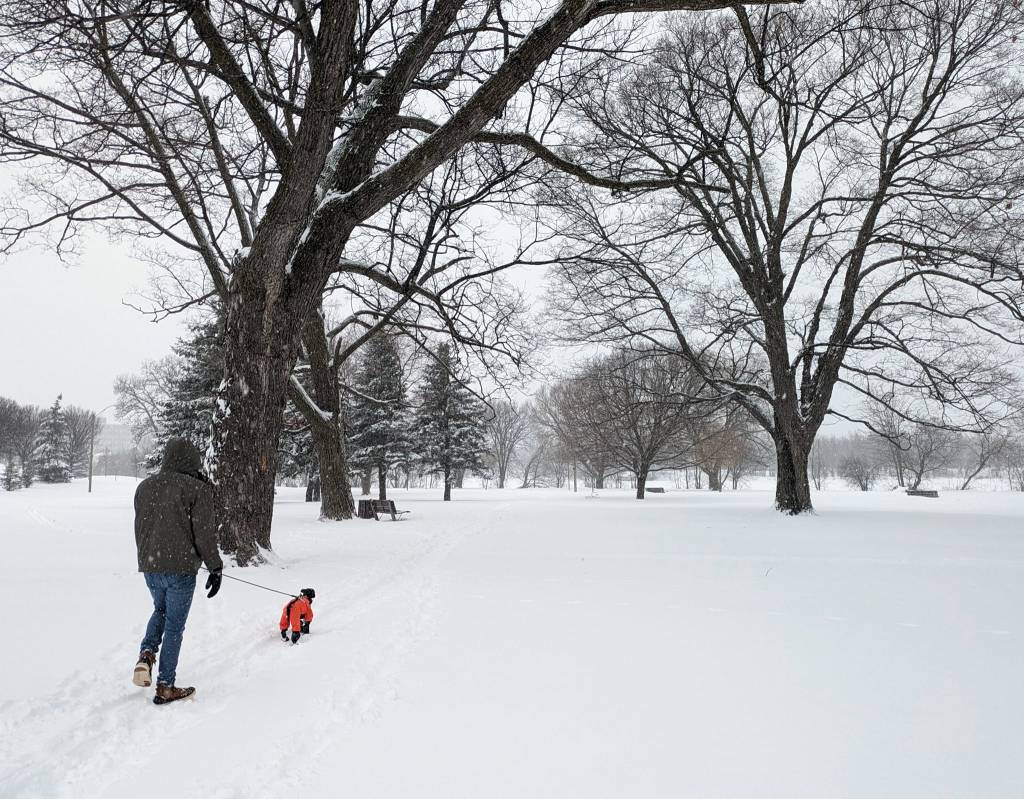
Misc. Differences:

- Here in Ontario, milk comes in bags. It’s incredibly unwieldy and honestly way too much milk (three 1.33 liter bags), but it’s definitely different.
- Canada no longer has a penny. And can I just say, I don’t think anyone misses it. It’s time for the US to do the same.
- Another interesting difference is the fact that the legal drinking age differs by province, and all of them are lower than the US’s standard of 21.
- And one more difference that must be mentioned, but not in full because that would take much too long is the healthcare. Pretty much every aspect of it is different, but I think our biggest shock so far was when the dentist gave us both free Sonicare toothbrushes.
Bet you didn’t think I’d have that much to say about the differences between Canada and the US! Honestly, just like every other country we’ve lived in, the longer we’re here, the more differences become apparent. But also like our other homes, we’re quickly adapting to our surroundings and carefully choosing our favorite cultural gems to adopt and take with us to our next home. O Canada – thanks for a great first year!


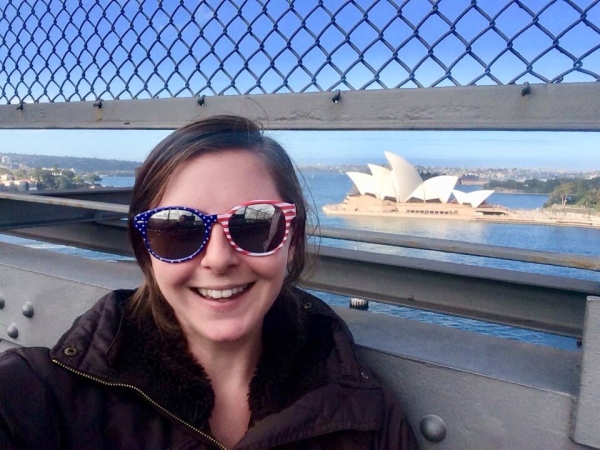
 As an English teacher I’m often asked to describe the United States and Americans, and for as long as I can remember, the first word that has come to mind is: independent. We love to feel independent! Independent financially, politically, emotionally; in our families, in our workplace, and in the world. Many of us longed to “be out on our own” at a very young age, and most Americans follow that course throughout their lives. We love expressions like “pull yourself up by your bootstraps” and “stand on your own two feet”. In our culture, there is an immense pride in (and often an expectation to) figure things out on our own. Whether this comes from the pioneer spirit of our history or from Hollywood’s “steal the spotlight” mentality, we can see the strong value placed on independence in all aspects of American lives. From our first declaration as a prospective country to our preference for ordering individual, non-shared meals, we focus every day on our individuality and personal independence, and if ever we feel it’s being threatened, look out.
As an English teacher I’m often asked to describe the United States and Americans, and for as long as I can remember, the first word that has come to mind is: independent. We love to feel independent! Independent financially, politically, emotionally; in our families, in our workplace, and in the world. Many of us longed to “be out on our own” at a very young age, and most Americans follow that course throughout their lives. We love expressions like “pull yourself up by your bootstraps” and “stand on your own two feet”. In our culture, there is an immense pride in (and often an expectation to) figure things out on our own. Whether this comes from the pioneer spirit of our history or from Hollywood’s “steal the spotlight” mentality, we can see the strong value placed on independence in all aspects of American lives. From our first declaration as a prospective country to our preference for ordering individual, non-shared meals, we focus every day on our individuality and personal independence, and if ever we feel it’s being threatened, look out. You might have noticed that I didn’t get very far into this post without mentioning Hollywood. As much as many Americans like to think of that place as somehow “other”, the truth is, we are massive consumers (and producers) of entertainment, all thanks to Tinseltown. In fact, many of my students from all over the world have surprised me with facts and details about life in the US that were gleaned entirely from our movies and TV; some have even confessed that’s how they started learning English or even why they continue today. Of course, what they see in the movies is not always true to American life, but there are definitely many of our values and perspectives shared through our obsession with entertainment. It’s hard to imagine America without movie trailers, award shows, film conventions, and dedicated fandoms. As someone who hasn’t seen such American classics as the Godfather, Stars Wars, or Top Gun, I’ve been described a few times as “simply unamerican”, but I promise I’ll get to them eventually!
You might have noticed that I didn’t get very far into this post without mentioning Hollywood. As much as many Americans like to think of that place as somehow “other”, the truth is, we are massive consumers (and producers) of entertainment, all thanks to Tinseltown. In fact, many of my students from all over the world have surprised me with facts and details about life in the US that were gleaned entirely from our movies and TV; some have even confessed that’s how they started learning English or even why they continue today. Of course, what they see in the movies is not always true to American life, but there are definitely many of our values and perspectives shared through our obsession with entertainment. It’s hard to imagine America without movie trailers, award shows, film conventions, and dedicated fandoms. As someone who hasn’t seen such American classics as the Godfather, Stars Wars, or Top Gun, I’ve been described a few times as “simply unamerican”, but I promise I’ll get to them eventually!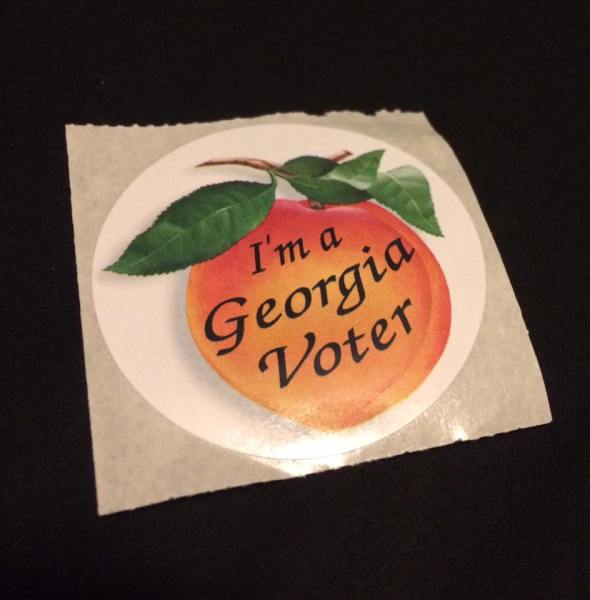 Another trait that I associate with America is our deep patriotism. We love our flag, our national anthem, and the values that we have long attached to our country, such as freedom, perseverance, and justice. Although patriotism means something a little different to each of us, as Americans this is our home, and we feel a certain pride and responsibility in that. Whether we show these feelings by hanging a flag outside our house, voting in every election, or representing our values abroad, we all like to feel that we have a role to play for America, and we’re happy to do it. Perhaps because we grew up with stories of how hard our forefathers, suffragettes, and civil rights activists fought for us to have what we have today, the sense that we need to take up the baton and continue to work for a better homeland has been deeply instilled. Or who knows, maybe it was just hearing that Lee Greenwood song year after year.
Another trait that I associate with America is our deep patriotism. We love our flag, our national anthem, and the values that we have long attached to our country, such as freedom, perseverance, and justice. Although patriotism means something a little different to each of us, as Americans this is our home, and we feel a certain pride and responsibility in that. Whether we show these feelings by hanging a flag outside our house, voting in every election, or representing our values abroad, we all like to feel that we have a role to play for America, and we’re happy to do it. Perhaps because we grew up with stories of how hard our forefathers, suffragettes, and civil rights activists fought for us to have what we have today, the sense that we need to take up the baton and continue to work for a better homeland has been deeply instilled. Or who knows, maybe it was just hearing that Lee Greenwood song year after year.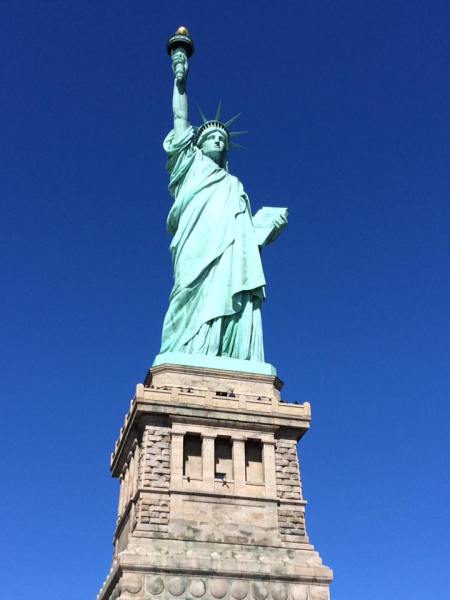 Although this word has taken on new meaning and significance in the last few years, the American Dream and the people who embody it are not new, nor I think are they bound by political lines. America was founded on dreams: dreams of a new nation, dreams of equal representation, dreams of prosperity. We can still hear the US referred to as a “Land of Opportunity” from both inside and out. We love the fact that “if you can dream it, you can do it”, and thanks to our lack of a formal class system, many Americans have been able to make it happen all throughout our history. Most of us have immigrants in our ancestry, which is maybe one of the most classic versions of the American Dream. Others have seen their dreams come true in regards to socioeconomic status or overall success. Just like independence, Americans value people who dream big and work hard to make it happen. In short, we believe dreams can come true.
Although this word has taken on new meaning and significance in the last few years, the American Dream and the people who embody it are not new, nor I think are they bound by political lines. America was founded on dreams: dreams of a new nation, dreams of equal representation, dreams of prosperity. We can still hear the US referred to as a “Land of Opportunity” from both inside and out. We love the fact that “if you can dream it, you can do it”, and thanks to our lack of a formal class system, many Americans have been able to make it happen all throughout our history. Most of us have immigrants in our ancestry, which is maybe one of the most classic versions of the American Dream. Others have seen their dreams come true in regards to socioeconomic status or overall success. Just like independence, Americans value people who dream big and work hard to make it happen. In short, we believe dreams can come true. Dreams are wonderful, but all dreams are based in some sort of reality. And for Americans, right now that reality is a strong division. Party lines are more evident than ever, generation gaps and racial divides exist, and there’s no doubt that whatever the topic of conversation, people tend to divide up into various groups or “sides”. We have the Left and the Right, Boomers and Millennials, white collar and blue collar, Black and white, gay and straight, religious and non-religious, and so many other labels that, like it or not, separate us in some way from our fellow Americans. Although we are the “United” States and a supposed “Melting Pot”, many events have recently been shining a spotlight on our divisions and differences instead. Diversity can often beget division, or at least the perception of division, but I think we’re all also aware of the classic “United we stand; divided we fall”. Trends change everyday, and we can change as well.
Dreams are wonderful, but all dreams are based in some sort of reality. And for Americans, right now that reality is a strong division. Party lines are more evident than ever, generation gaps and racial divides exist, and there’s no doubt that whatever the topic of conversation, people tend to divide up into various groups or “sides”. We have the Left and the Right, Boomers and Millennials, white collar and blue collar, Black and white, gay and straight, religious and non-religious, and so many other labels that, like it or not, separate us in some way from our fellow Americans. Although we are the “United” States and a supposed “Melting Pot”, many events have recently been shining a spotlight on our divisions and differences instead. Diversity can often beget division, or at least the perception of division, but I think we’re all also aware of the classic “United we stand; divided we fall”. Trends change everyday, and we can change as well.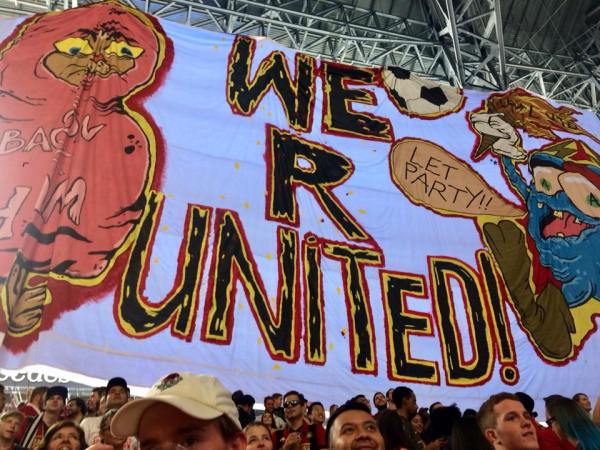

 Perhaps because we’ve always been in our own little world, the US has also been a hotbed for inventiveness and creativity right from its start. From Thomas Edison and Clara Barton to Bill Gates and Katie Bouman, Americans have contributed a great deal to global innovation. Even the average American likes to think and talk about the future, and we always, as Walt Disney famously said, “keep moving forward”. It’s no wonder our people were among the first to take to the skies, race to space, and create all types of digital media. We simply love to take risks and try something new. We have the phrase “necessity is the mother of invention”, but in America, it might not even require necessity.
Perhaps because we’ve always been in our own little world, the US has also been a hotbed for inventiveness and creativity right from its start. From Thomas Edison and Clara Barton to Bill Gates and Katie Bouman, Americans have contributed a great deal to global innovation. Even the average American likes to think and talk about the future, and we always, as Walt Disney famously said, “keep moving forward”. It’s no wonder our people were among the first to take to the skies, race to space, and create all types of digital media. We simply love to take risks and try something new. We have the phrase “necessity is the mother of invention”, but in America, it might not even require necessity.



